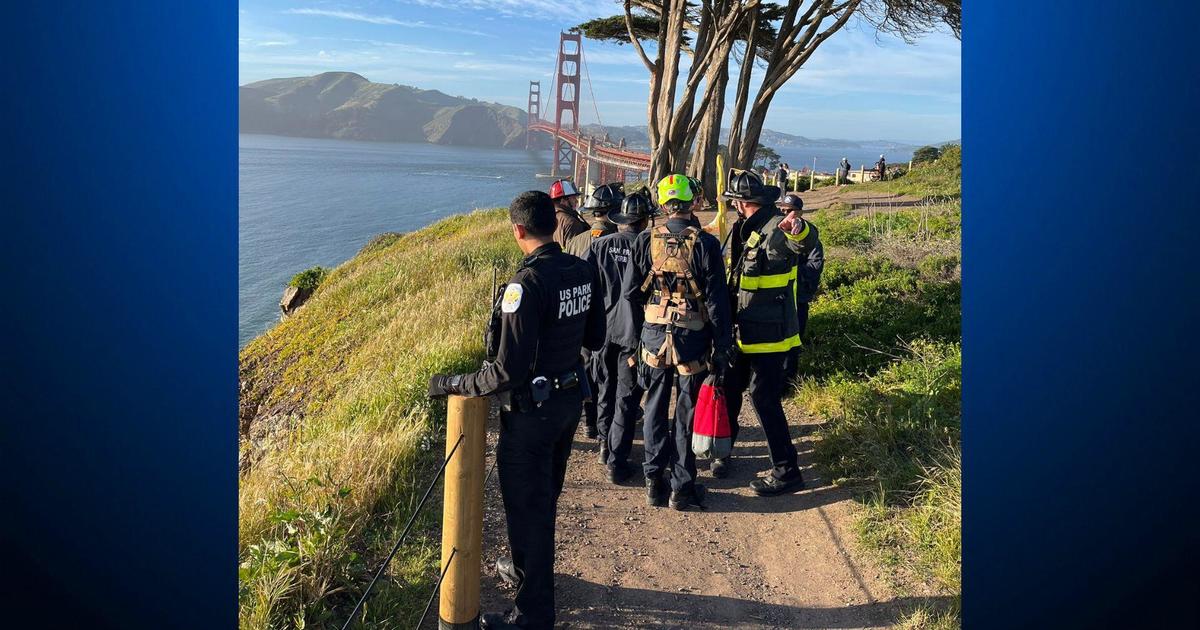UC Scientists Say Warming Climate Threatens Future Summer Olympics
BERKELEY (CBS SF) -- By 2085, San Francisco could be the only U.S. city with temperatures low enough to be a viable summer Olympic host, according to climate and health researchers at the University of California.
UC Berkeley professor of global environmental health Kirk Smith, along with seven co-authors at UC Berkeley, UC San Francisco, and numerous international universities, published a commentary in the midst of the 2016 Olympic Games in Rio de Janeiro stating that due to climate change, the summer Olympics could become a thing of the past.
San Francisco and seven other cities in the world could be the only cities outside of Western Europe to remain viable summer Olympic host cities based on current safety procedures.
Among Smith's co-authors is Cindy Chang, the physician who oversees UC Berkeley's athletic teams and who served as the chief medical officer for Team USA at the 2012 London Olympics. Other San Francisco Bay Area co-authors include UC Berkeley public health professor John Balmes and UC Berkeley natural resources graduate student Anna Mance.
The commentary from the climate and health experts is part of a larger, not-yet-published study on climate change, which focuses on the broader implications of health and productivity in an increasingly warmer climate.
In order to determine which cities would remain viable, the co-authors used climate models to project rising temperatures, as well as humidity, heat radiation, and wind in Northern Hemisphere cities with populations over 600,000, the size considered necessary for hosting the Olympic games.
Cities with high elevations were omitted, as were locations with more than a 10 percent chance of having to cancel a marathon. The 10 percent criterion is currently only used to evaluate potential sites of the winter games, and does not yet apply to summer games.
Hot weather and humidity is a particular problem for endurance athletes, such as marathon runners.
A 2012 study found that the temperature at which marathon runners can run their fastest is 42 degrees Fahrenheit for male athletes and 49 degrees Fahrenheit for female athletes.
At the U.S. Olympic Team trials marathon in Los Angeles this year, heat around 80 degrees Fahrenheit may have contributed to the 30 percent of athletes who failed to finish the race.
And heat was likely a contributor to a slower race pace during the women's Olympic marathon in Rio this year.
If their projections come to pass, the scientists note that while Western Europe would still have 25 viable cities to host the Olympics, the only other viable cities besides San Francisco, would be St. Petersburg, Russia; Riga, Latvia; Bishkek, Kyrgyzstan; Ulaanbaatar, Mongolia as well as Calgary and Vancouver, Canada.
The scientists note that if their projections continued without significant changes, by the 22nd century, only Belfast and Dublin, Ireland; and Edinburgh and Glasgow, Scotland would remain viable hosts for the summer Olympics.
By Hannah Albarazi - Follow her on Twitter: @hannahalbarazi.



